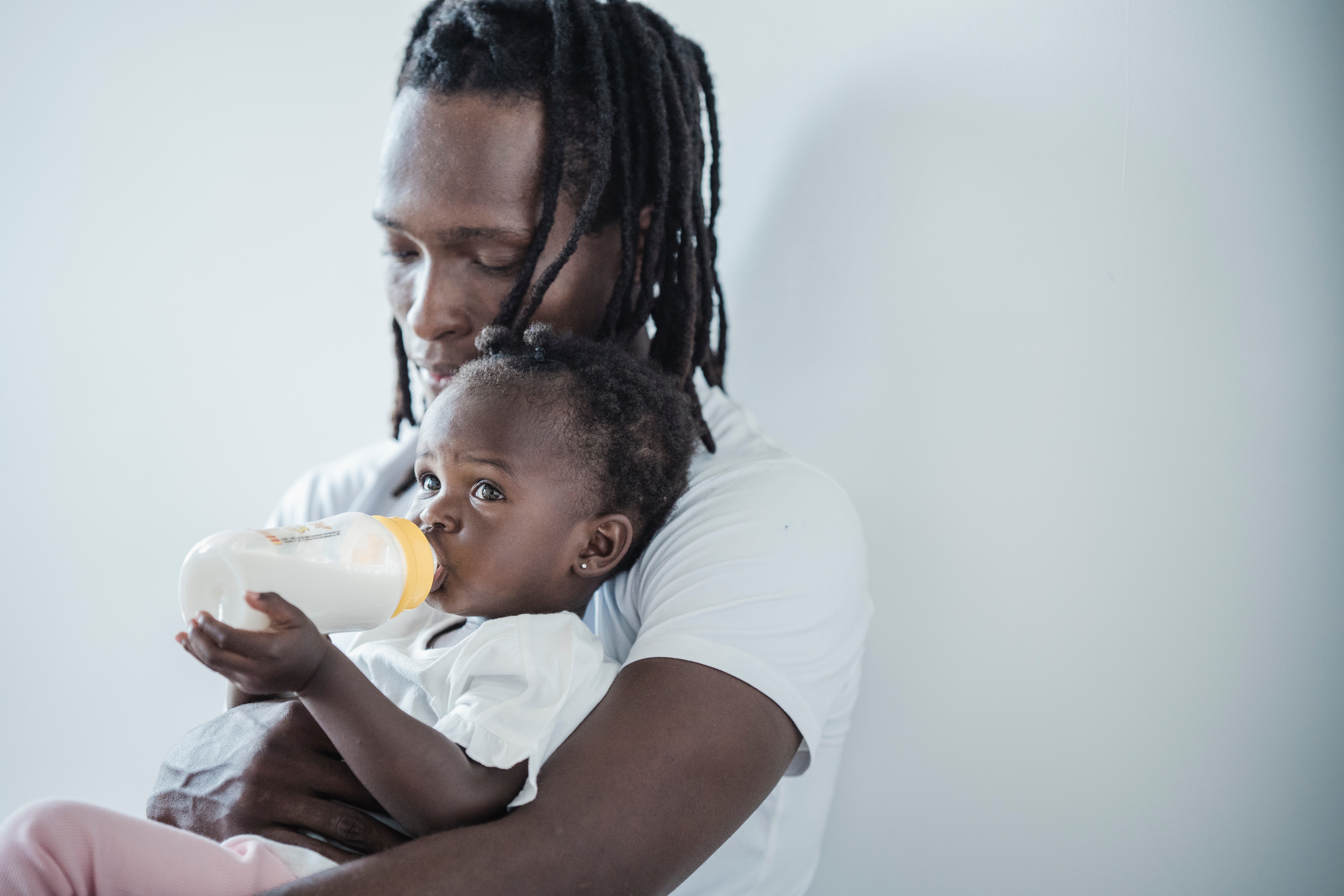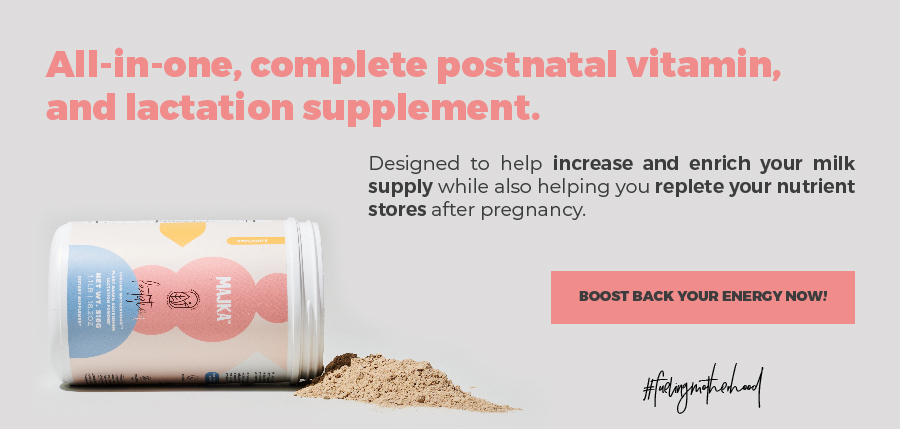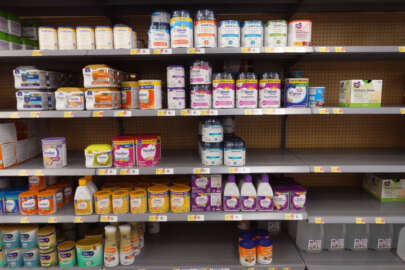
We often hear the wonders that drinking water has to us, and even the repercussions that not doing so has. But this doesn’t work the same way with your baby as it does with you.
In this article we will tell you about your baby’s hydration, how it works, and when it’s the right time to start introducing water to your child.
*Keep in mind that each baby is unique and you should always keep your doctor close to get the answer that you need regarding your baby’s health.
Why can’t my newborn drink water?
As your baby is born, he/she is still developing and so is his/her kidney and digestive system. This doesn’t mean that your baby doesn’t need to stay hydrated, but it does mean that he/she isn’t ready to do this through water; breastmilk and/or formula are the ones that get the job done, at least for the first months of your baby’s life.
Since your baby has a reflexreflection to suck, if you give him/her water he/she may intake it easily; but this can have serious consequences such as water intoxication. Keep in mind that giving water to your baby in the first 6 months of life isn’t necessary (as your baby gets hydrated through breastmilk and/or formula) and can be dangerous to your baby’s health.
When can my baby start drinking water?
After your baby is 6 months old, you can introduce small amounts of water. At the beginning, your baby will only have sips; it’s normal and ok if your he/she doesn’t like water right away as he/she is used to fluids having a certain taste, it is not necessary to rush him/her into liking it.
When introducing solids, should I also introduce water?
Yes! Once your baby is eating solids you can offer sips of water from a cup or a beaker with his/her meals.
From months 6 to 12 your baby still needs to get his/her nutrition and hydration through breastmilk or formula as well, so do not use water as a replacement for this; you can offer water in between meals and snacks to quench your baby´s thirst; at this time, water is more an introduction to what hydration will look like in the future for your child.
Can my baby have water with formula or breastmilk?
Formula does use water, but this is specially fabric and tested to work with it. The American Academy of Pediatrics reminds parents to not use extra water on infant formula that the manufacturer’s directions says, even if it seems like it needs to.
Also, all water used for formula reconstitution in babies less than 4 months of age, has to be sterilized by bringing it to a rolling boil for 2 minutes to ensure it is pathogen free.
A fully breastfed baby under 6 months of age does not and should not, drink water, even if it is too hot outside or if he/she is dehydrated; in those cases additional fluid should be given through a more frequent feed or formula feeding.
Some signs that can tell you if your baby is dehydrated are:
- Drowsiness or dizziness, low energy
- Fewer wet diapers -“brick dust” in diaper – uric acid crystal build up
- Dry skin and/or mouth
- Less tears when crying
- Your baby has had diarrhea or vomit
If your baby seems dehydrated even with extra feedings, let your healthcare provider know to get proper treatment for it, as this could be harmful for your baby’s health.
We understand that daily routine and inconvenients can get in the way of keeping your baby well hydrated, to make this easier for you, you can always store your breastmilk so you (or someone around you) can keep your baby hydrated and well fed at all times; to know how to do this, we share with you a full article call How to Store Breast Milk Properly.
How much water should I give to my baby by age?
There isn’t a recommended amount of water for babies to drink between 6 and 12 months of age. At this time, it is only important to avoid the intake of water to become a replacement for breastmilk, formula and solids; some recommendations are to offer 2-3 oz of water at a time, with meals and snacks, to your baby in order to avoid this.
As your baby gets older, he/she will need more water. Toddlers and preschoolers need about 16 ounces of milk a day, and once this need is made, you can offer plain water as the beverage of choice. By this age, 2 to 5 cups of water a day can be enough.
Keep in mind that each child is unique, has his/her own size, nutrition needs and routine; also, not everyday has the same activities and weather. Always maintain your doctor close to know what’s the best choice for your children’s health.
In Breastfeeding 101 we love to have you here and hope that this information helps you to feel informed and confident about how to maintain your baby healthy; we invite you to follow all of our content to learn more about baby’s health.
Also, if you want to learn more about baby´s hydration, here are some of the sources that made this article possible:
Beverage Consumption Patterns among Infants and Young Children (0–47.9 Months): Data from the Feeding Infants and Toddlers Study, 2016 I National Library of Medicine
Children’s fluid management I NHS
Dehydration I KidsHealth
Drinks and cups for babies and young children I NHS
EAT FOR HEALTH Infant Feeding Guidelines I Australian Government
Feeding Your Baby 6 months to 1 year I Healthy Child Manitoba
Infant and toddler health I Mayo Clinic
Is your kid getting enough to drink? Here’s what you need to know about hydration I The Washington Post
Nutrition Guideline Healthy Infants and Young Children Water I Albert Health Services
Pediatric Dehydration I National Library of Medicine
Water intoxication I Louisiana Wic News
Annie Rueb






